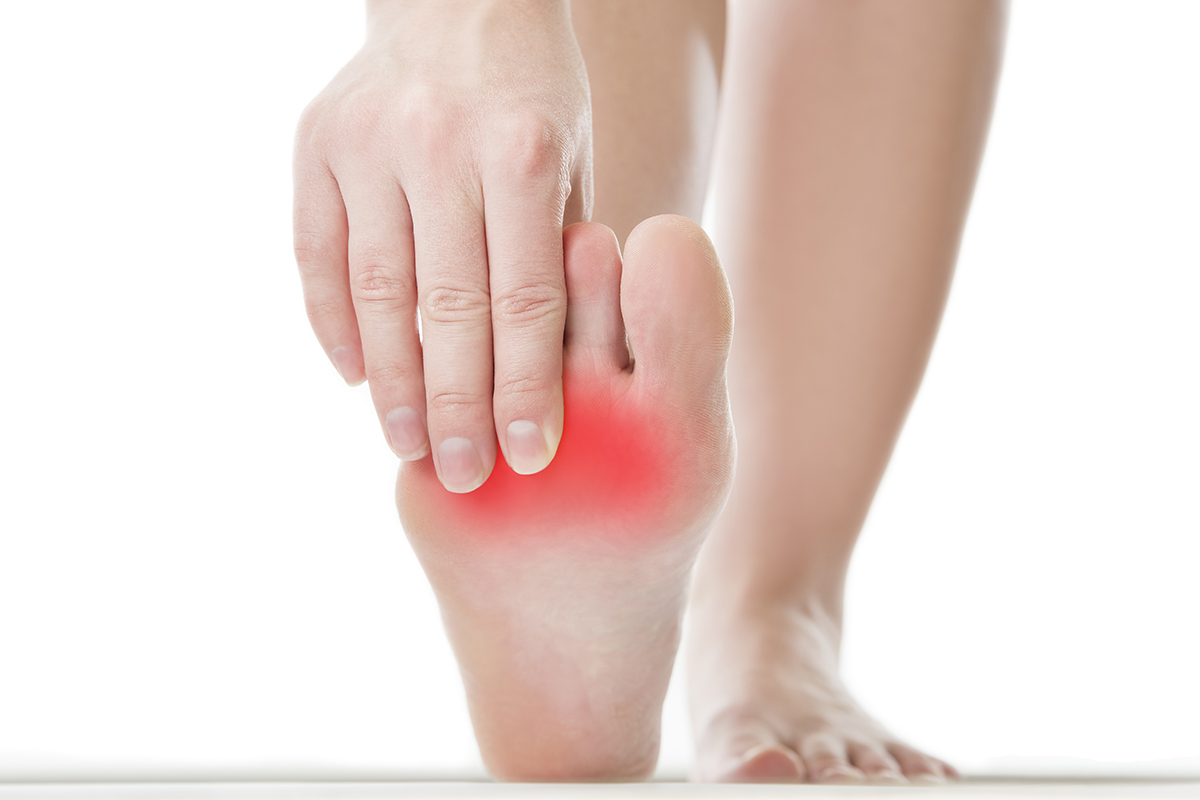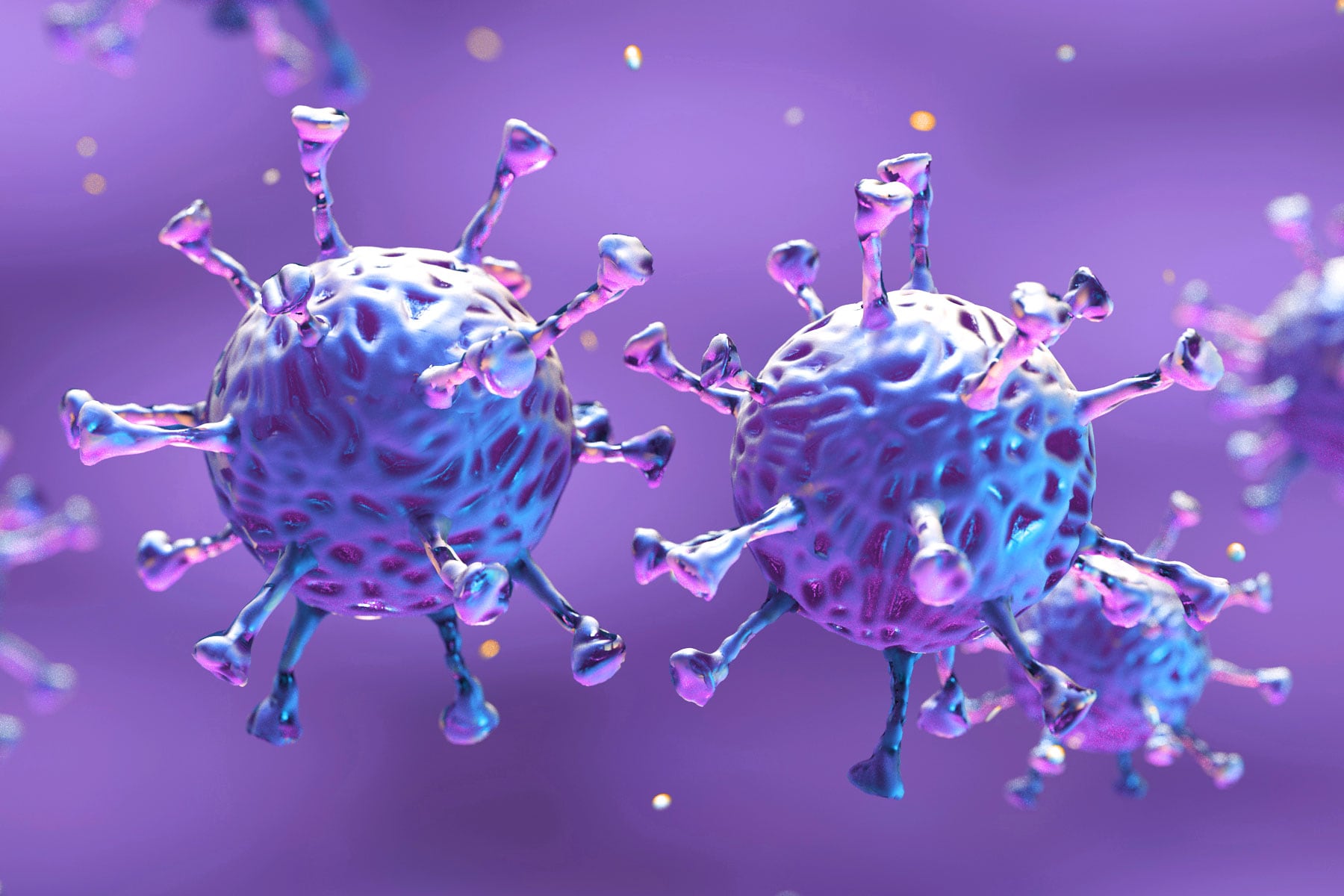Neuropathic Pain Causes, Symptoms, Diagnosis and Treatment

What is Neuropathic Pain?
Neuropathy is the term used to describe a problem with the nerves, usually the ‘peripheral nerves’ as opposed to the ‘central nervous system’ (the brain and spinal cord).Neuropathy is seen with a number of different underlying medical conditions. It can also exist without the cause being possible to diagnose, when doctors called it ‘idiopathic.’
Causes of Neuropathic Pain
Various conditions can affect nerves and may cause neuropathic pain as one of the features of the condition. These include the following:
- Trigeminal neuralgia.
- Pain following shingles (postherpetic neuralgia).
- Diabetic neuropathy – a nerve disorder that develops in some people with diabetes.
- Phantom limb pain following an amputation.
- Multiple sclerosis.
- Pain following chemotherapy.
- HIV infection.
- Alcoholism.
- Cancer.
- Atypical facial pain.
- Various other uncommon nerve disorders.
Symptoms of Neuropathic Pain
Symptoms vary according to the type of peripheral neuropathy and may develop quickly or slowly.
The main types of peripheral neuropathy include:
- Sensory neuropathy
- Motor neuropathy
- Autonomic neuropathy
- Mononeuropathy
The symptoms of the main types of peripheral neuropathy are described below.
Sensory neuropathy
Symptoms of sensory neuropathy can include:
- Prickling and tingling sensation in the affected body part (pins and needles)
- Numbness and less of an ability to feel pain or changes in temperature, particularly in your feet
- A burning or sharp pain, usually in the feet
- Feeling pain from something that should not be painful at all, such as a very light touch (allodynia)
- Loss of balance or co-ordination caused by less ability to tell the position of the feet or hands (sensory ataxia)
Motor neuropathy
Symptoms of motor neuropathy can include:
- Twitching and muscle cramps
- Muscle weakness or paralysis affecting one or more muscles
- Thinning (wasting) of muscles
- Foot drop
Autonomic neuropathy
Damage to the autonomic nerves can result in a wide range of symptoms depending on where in the body the damage occurs.
Symptoms of autonomic neuropathy can include:
- Constipation or diarrhea, particularly at night
- Feeling sick, bloating and belching
- Low blood pressure (postural or orthostatic hypotension), which can make you feel faint or dizzy when standing up
- Rapid heartbeat (tachycardia)
- Excessive sweating or a lack of sweating
- Problems with sexual function, such as erectile dysfunction in men
- Difficulty fully emptying your bladder of urine
- Bowel incontinence (loss of bowel control)
Mononeuropathy
Depending on the specific nerve affected, symptoms of Mononeuropathy can include:
- Altered sensation or weakness in the fingers
- Double vision or other problems with focusing your eyes, sometimes with eye pain
- Weakness of one side of your face (Bell’s palsy)
- Foot or shin pain, weakness or altered sensation
Diagnosis of Neuropathic Pain
- History
- Examination
- Nerve Conduction Studies:
- Electromyography
- Nerve Biopsy
- Skin Biopsy
Treatment of Neuropathic Pain
Treatment for peripheral neuropathy may include treating any underlying cause or any symptoms you’re experiencing.
Treatment may be more successful for certain underlying causes. For example, ensuring diabetes is well controlled may help improve neuropathy or at least stop it getting worse.
Treating the underlying cause
There are many different possible causes of peripheral neuropathy, some of which can be treated in different ways. For example:
- Diabetes can sometimes be controlled by lifestyle changes, such as stopping smoking, cutting down on alcohol, maintaining a healthy weight and exercising regularly
- Vitamin B12 deficiency can be treated with B12 injections or tablets
- Peripheral neuropathy caused by a medication you’re taking may improve if the medication is stopped
Some less common types of peripheral neuropathy may be treated with medication, such as:
- Corticosteroids – powerful anti-inflammatory medication
- Immunosuppressant’s – medications that reduce the activity of the immune system
- Injections of immunoglobulin –mixture of blood proteins called antibodies made by the immune system
By : Natural Health News




